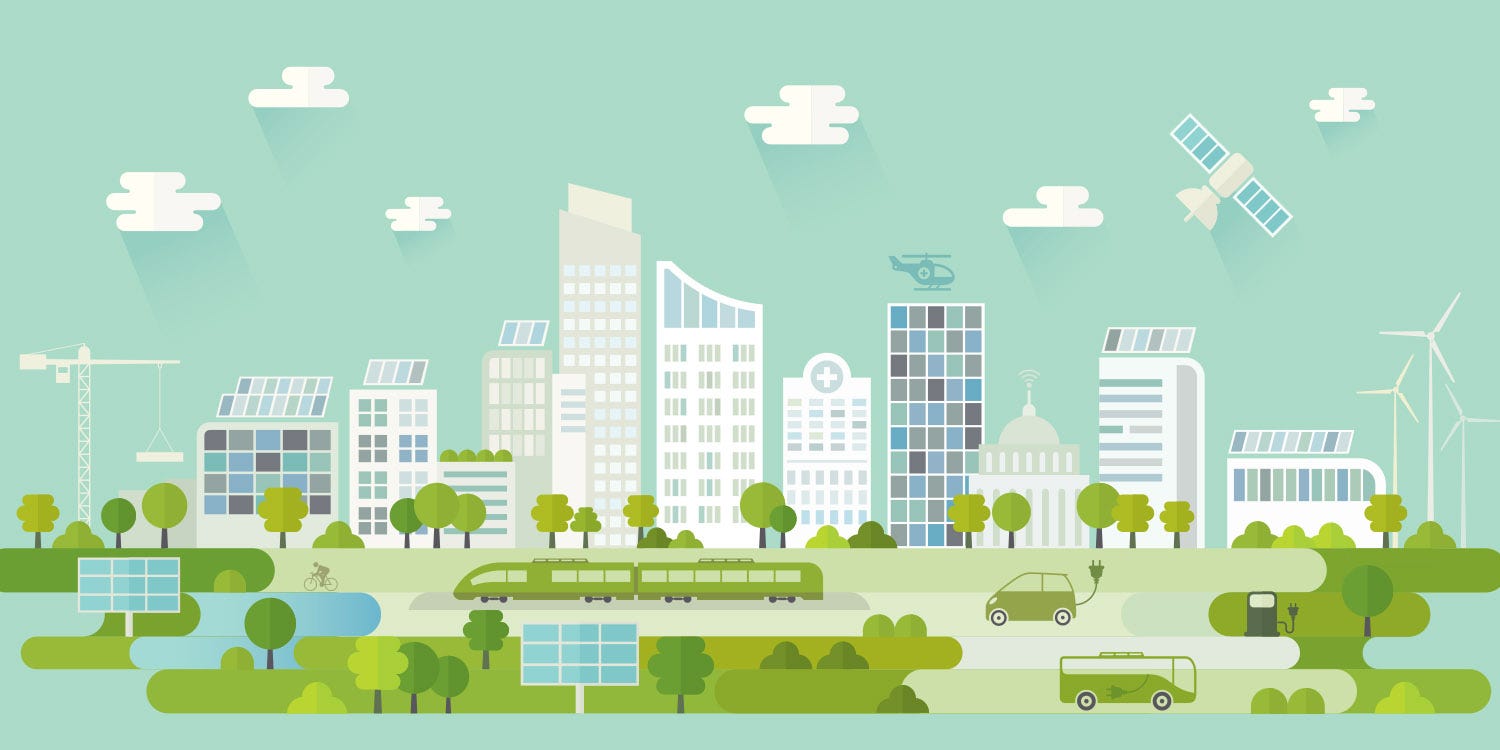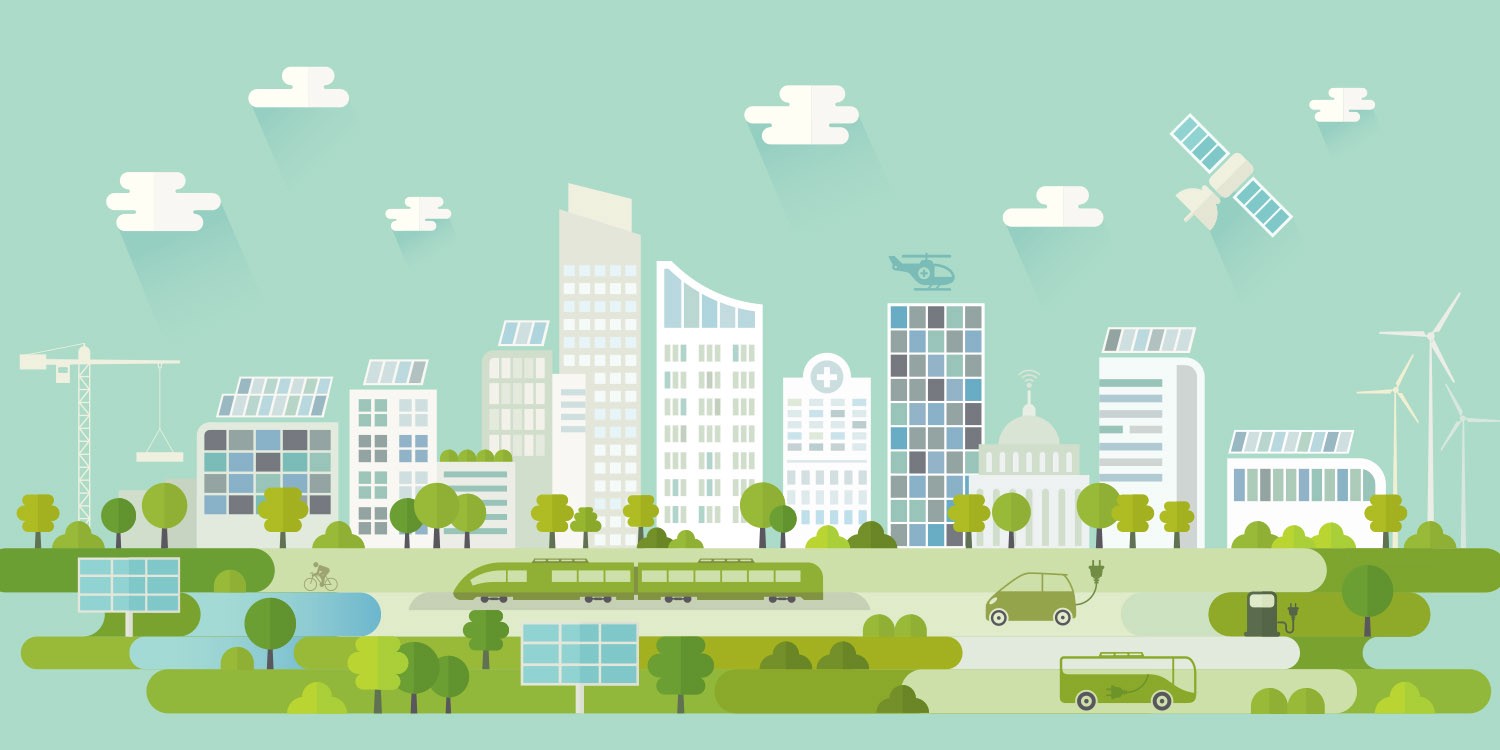A Measure of Progress
By Bill Ford, Executive Chairman, Ford Motor Company, and Jim Hackett, President and CEO, Ford Motor Company

In Henry Ford’s day, there was no term for environmentalist. But he had a goal of zero waste to landfill, just as we do today, based on his belief that nothing should be wasted.
Those values still hold true at Ford.
Currently, conversation is underway on setting the near-term standards for fuel economy. It is a critical one for all of us who care about the environment and our customers, and we all need to work together to ensure there is a win on both fronts.
Today, our planet faces increasing challenges, the implications of which are profound: greater congestion in cities, the rise of human population, climate change and all its implications. The cost of believing it is not real is just too high.
We support increasing clean car standards through 2025 and are not asking for a rollback. We want one set of standards nationally, along with additional flexibility to help us provide more affordable options for our customers. We believe that working together with EPA, NHTSA and California, we can deliver on this standard.
In addition, at Ford, we believe we must deliver on CO2 reductions consistent with the Paris Climate Accord. We already have charted a course for our future that includes investing $11 billion to put 40 hybrid and fully electric vehicle models on the road by 2022 as well as responsible development of the self-driving car.
Much has changed since we first tackled the issue of sustainability 20 years ago. We have worked relentlessly to reduce our water, waste, energy and emissions footprints for our manufacturing plants and vehicles. We have engaged our employees and suppliers to make a bigger impact in our communities.
Today, we face a new era of sustainability, and we have created a new vision to do even more around the world. Our vision will move us from actions that just reduce impacts on the environment to actions that will positively affect the environment.
Looking forward, we know we will need new metrics, new ideas and new technologies to measure environmental progress in an increasingly electric and connected world. We are building a future of smart vehicles in a smart world.
Imagine a world where transportation is more efficient and accessible, buses run on time and are connected to bikes or ride-sharing. New mobility solutions like dynamic shuttles and ride sharing take vehicles off the road while providing community and connection. We will use technology to find parking spots in order to minimize the CO2 from endless circling around the block.
We are building the “transportation mobility cloud,” centered on meeting the unique transportation needs of every individual. Its promise is that it will support a more efficient transportation system that works to our advantage and better addresses CO2 reduction and congestion.
We don’t have all the answers. But what we do have is the drive and the commitment to doing things the right way that will allow us to save even more CO2 over time.
We welcome others to join the conversation on this exciting frontier. We are working to make people’s lives better through greater access to mobility, more connectivity, less congestion and reduced emissions. We will deliver smart vehicles for a smart world.
The future is exciting, and together we can make a real difference in the world we leave our children and grandchildren. They are counting on us.
